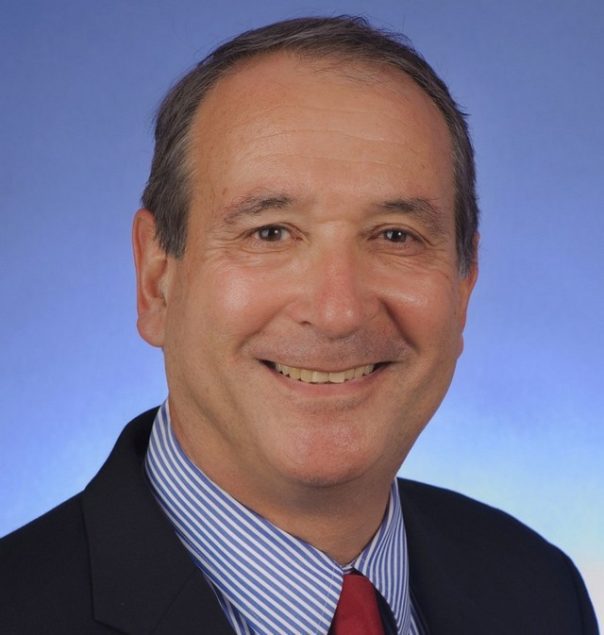
The Miami-Dade Commission on Ethics and Public Trust (COE) has selected Jose J. Arrojo as its new executive director.
Arrojo, currently a Chief Assistant Miami-Dade State Attorney, is expected to assume the post when Joseph Centorino steps down at the end of August. Arrojo will be the third director of the Ethics Commission since it was created by voters in 1996. Robert Meyers served prior to Centorino.
Presently, Arrojo oversees investigations, supervises a staff of more than 100 attorneys and investigators, and has served as a Chief Assistant State Attorney since 2004. Previously, he had served as an Assistant State Attorney in a variety of areas, including public corruption, racketeering and organized crime, voter fraud, narcotics and homicide. Arrojo held the position of general counsel for the Dade County Police Benevolent Association and worked in private practice. The University of Miami graduate earned his Juris Doctor at Florida State University and currently serves as an instructor in Miami-Dade College’s School of Justice, Public Safety and Law Studies.
Centorino assumed the position of executive director on Sept. 1, 2011, following his 25-year career at the Miami-Dade State Attorney’s Office — most of that time serving as the chief of the Public Corruption Unit. During his tenure, he has overseen the establishment of policies restricting the use of special event tickets for public facilities by elected officials, and recommendations for the limitation of use of Miami International’s Protocol Office by politicians traveling on personal business.
Centorino championed the creation and passage of an “Oath of Civility” for elected officials and public board appointees that has been adopted by several municipalities, and an “Honor Code” for government employees that is in effect in Miami-Dade County and several municipalities. He created “Ethical Governance Day,” which has placed local civic leaders in high school government classes for six years to encourage teenagers to be informed and engaged in civic affairs.
During his tenure, Miami-Dade voters changed the County Charter in 2012 to enable the Ethics Commission to enforce the Citizens’ Bill of Rights, an ethics training program was established for lobbyists in Miami-Dade County and several municipalities, online ethics training was created for county employees, and he oversaw the update of the COE’s personnel policy and other internal operations. Centorino also organized several major conferences dealing with ethics and anti-corruption themes.
The Ethics Commission was created in 1996 as an independent agency with advisory and quasi-judicial powers. It is composed of five members, serving staggered terms of four years each. Through a program of education, outreach and enforcement, the commission seeks to empower the community and bolster public trust.







Comments are closed.